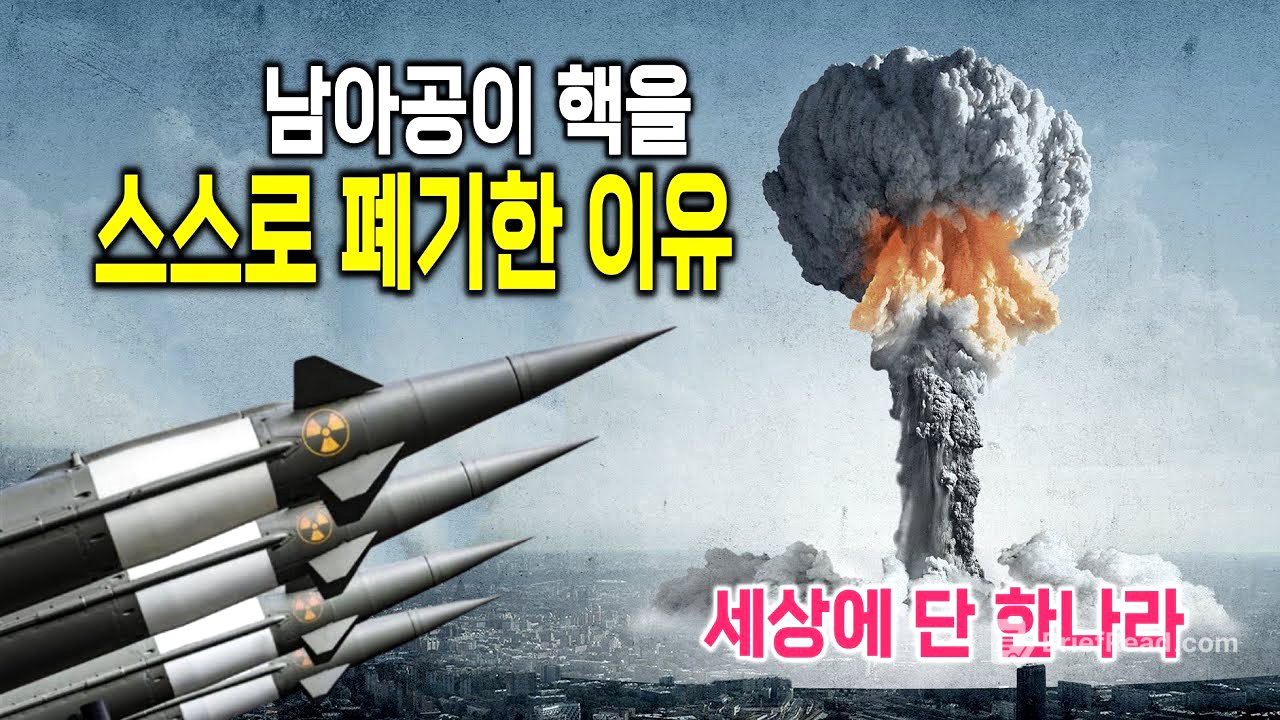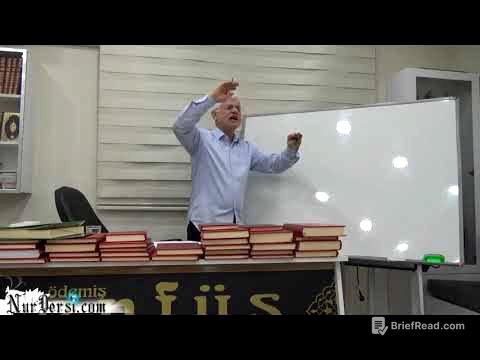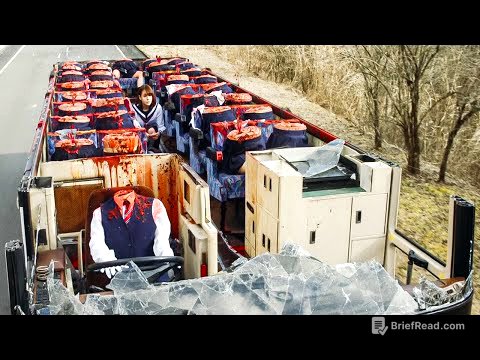TLDR;
This video discusses South Africa's unique history as the only country to voluntarily dismantle nuclear weapons it had developed. It explores the reasons behind South Africa's nuclear program, its technological capabilities, and the motivations for ultimately abandoning these weapons. The key reasons include the changing international landscape, the need to rejoin the international community, and the white minority government's unwillingness to hand over nuclear control to the incoming black majority government.
- South Africa secretly developed nuclear weapons in the 1970s and 1980s due to fears of communist expansion and international isolation.
- The country dismantled its nuclear arsenal in the early 1990s as apartheid ended and a transition to multiracial democracy began.
- A key factor in the decision to denuclearize was the white minority government's reluctance to allow a black majority government to control nuclear weapons.
South Africa's Nuclear Weapons Program [0:02]
South Africa stands out as the only nation to have independently developed nuclear weapons and then voluntarily relinquished them. Unlike Ukraine, Kazakhstan, and Belarus, which inherited nuclear weapons after the Soviet Union's collapse, South Africa made a deliberate choice. The country's nuclear weapons program, known as Namhwagong, began in the 1970s, building upon a foundation laid much earlier.
Technological Prowess and International Cooperation [0:17]
South Africa possessed significant scientific and technological capabilities that enabled its nuclear program. After World War II, South Africa became a leading source of uranium, supplying the United States and the United Kingdom. This access to uranium, coupled with the establishment of a uranium enrichment facility in Pretoria in 1969, facilitated the development of nuclear weapons. By the 1980s, South Africa had produced seven nuclear weapons, six of which were assembled. There are also suspicions of cooperation with Israel, with some experts suggesting that Israel provided technical assistance.
Motivations for Developing Nuclear Weapons [0:01]
South Africa's decision to develop nuclear weapons was driven by fear and a sense of isolation. During the 1970s and 1980s, the country faced increasing international condemnation and sanctions due to its apartheid policies. The rise of communist regimes in neighboring Angola and Mozambique, supported by the Soviet Union and Cuba, heightened fears of a communist revolution. The South African government saw nuclear weapons as a deterrent and a means to gain international recognition and support.
Reasons for Abandoning Nuclear Weapons [0:01]
Several factors contributed to South Africa's decision to dismantle its nuclear arsenal. The end of the Cold War and the collapse of the Soviet Union diminished the threat of communism. Additionally, the South African government recognized the need to rejoin the international community and shed its pariah status. However, a primary reason was the white minority government's unwillingness to transfer control of nuclear weapons to the incoming black majority government.
The White Regime's Decision [0:02]
As South Africa transitioned to a multiracial democracy in the early 1990s, the white regime, led by President Frederick de Klerk, made the decision to dismantle all nuclear weapons. This decision was motivated by a desire to prevent a black government from acquiring nuclear capabilities. The white regime feared that a black-controlled South Africa with nuclear weapons could alter the balance of power in Africa and potentially lead to retaliation against the white population. Before the transfer of power, all nuclear weapons were dismantled, and all related codes and blueprints were destroyed in secret.









